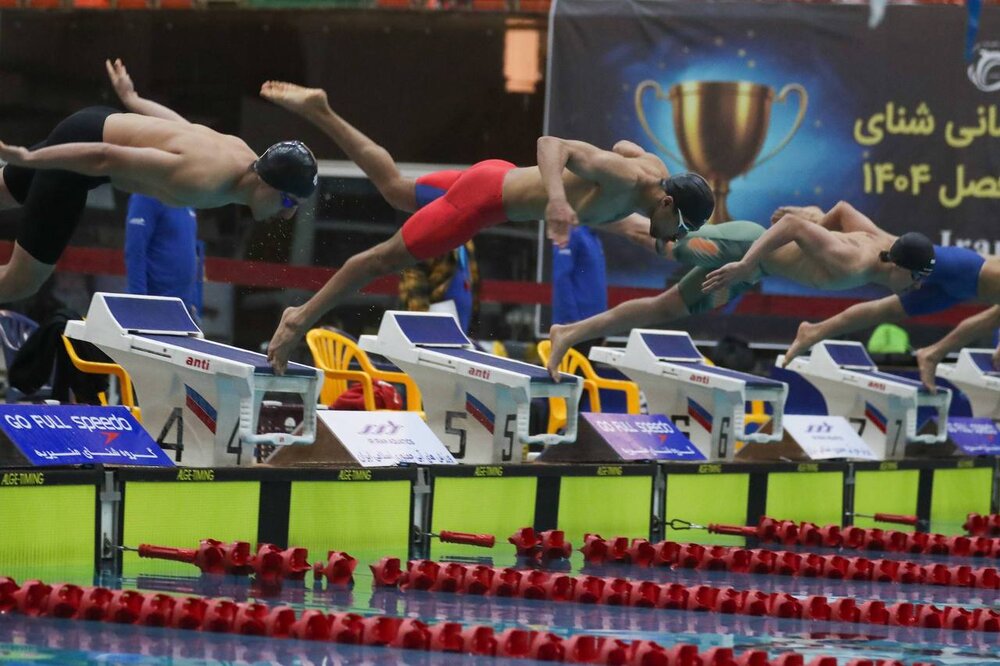Police complained about having to make arrests at Palestine Action protest, says detainee
Police complained about having to make arrests at Palestine Action protest, says detainee

Pro-Palestine protesters, who were among the almost 900 people arrested in central London over the weekend, have claimed that police were massively overstretched by the scale of the operation, with detainees left in police vans for hours and police stranded far from home after 20-hour shifts.
More than 1,000 people took part in Saturday's protest at Parliament Square in Westminster, where they carried placards reading: "I oppose genocide. I support Palestine Action."
The UK's Labour government proscribed Palestine Action under the Terrorism Act in July after its members broke into the Royal Air Force Brize Norton base and spray-painted two planes they said were "used for military operations in Gaza and across the Middle East".
The legislation made membership of and support for the group a criminal offence punishable by up to 14 years in prison - the first time a direct action group has been proscribed in the UK as a terrorist group.
Since then, hundreds of people have been arrested at protests across the UK demanding the government end the group's terror proscription.
According to one arrestee, who was not processed until the early hours of Sunday, police officers could be overheard complaining about having to work long hours, their leave being cancelled, not being allowed to go home, and mandatory overtime in order to process the hundreds of arrests at various police stations in and around London.
"I knew that my arresting officer was very unhappy about having to go to Bromley to process my arrest," Ceinwen Hilton, another protester who was arrested at 8pm in Westminster, told Middle East Eye. Hilton was not released until after 1am, and was given a bail notice but not interviewed.
Event organiser Defend Our Juries had told those demonstrating not to accept street bail if they were arrested, in order to make the mass arrest of protesters unmanageable.
In the end, the arrest operation lasted more than 12 hours, and continued into the early hours of Sunday, with queues of protesters waiting to be processed in Westminster, and many transported to police stations elsewhere in the capital after refusing street bail.
According to several of those arrested, the police had a clear strategy of trying to get people to accept street bail.
"Plain clothes police went up and down the processing line, enticing people to jump the queue and get a quick exit if they volunteered their details," one arrestee said.
Police told those being arrested that London custody stations were becoming very full, and that people who didn't volunteer information quickly could be taken to stations in Gloucestershire, Wales, even Scotland, and would have to find their own way back to London.
'Chaos'
In a statement released before the protest, the Met police claimed the force had the "officer numbers, custody capacity and all other resources" necessary to arrest everyone.
However on the weekend, the police appeared to be logistically overwhelmed by the mass arrest operation and some officers appeared to be disgruntled about what they were being asked to do and the way they were being assigned and treated.
The arrestee said: "After arrest, I was in the processing queue along Millbank from 10pm to 2.30am. My arrest was one of the last, so by that stage, there were far more cops than prisoners, loads of them hanging about with little to do apart from chat in small groups.
"As they were tired and had let their guard down the chat was very revealing. Many resented being asked to arrest people protesters as terrorists - I heard some saying they should be arresting real criminals."
The arrestee said they were held in a stationary police van at Millbank from 3am to 6.30am before being taken to Lewisham in south London.
"It was obvious that they were struggling to find enough places in custody stations, and were taking people as far out as Bromley, Harrow, Colindale, Barking, Heathrow, etc.
"They also didn’t have enough drivers to get the arresting officers back to their home bases from the custody stations - into the early hours in particular, they kept requesting those officers who had completed the arrests at the custody stations and were finishing their shifts to stay on and do extra hours ferrying other officers back home from custody stations."
"They called this task 'welfare'. They couldn’t get enough volunteers for welfare, so ended up abandoning it and asking all sergeants to tell arresting officers that they’d have to arrange for their own teams/units/areas to arrange transport back to home base.
"All in all, [there was] every indication of chaos," said the arrestee.
Police are 'exhausted'
Discontent in the ranks has been voiced by some Met officers, with one telling Novara Media: "Instead of catching real criminals and terrorists, we are arresting pensioners and disabled people calling for the saving of children's lives… It makes me question why I'm even in this career anymore."
Another Met officer told Novara that "many officers are stuck between what everyone is witnessing in terms of genocide" and being ordered to enforce the ban on Palestine Action.
A Police Federation spokesperson said policing Palestine Action protests was not sustainable, putting London’s Met police at high risk of burnout. "We must remember there are no 'extra' police officers to police these weekly and seemingly escalating number of protests. Just the same hard-working ones having their days off cancelled, having to work longer shifts and being moved from other areas.
"Our colleagues are emotionally and physically exhausted," said the federation, which represents rank and file police.
More than 200,000 Palestinians have been killed or wounded since Israel went to war in Gaza in October 2023, with recent reports, based on Israeli military intelligence data, claiming that more than 80 percent of those killed in the enclave until May of this year were civilians.












